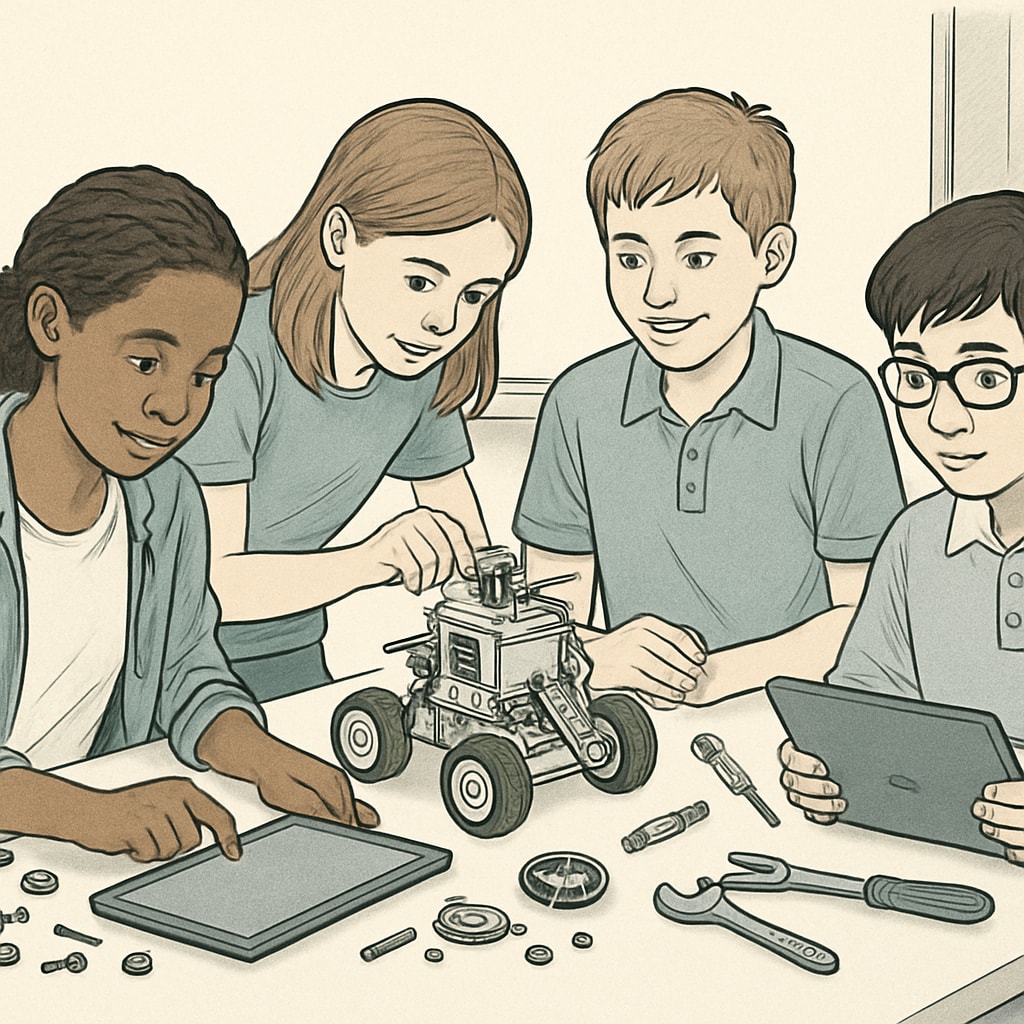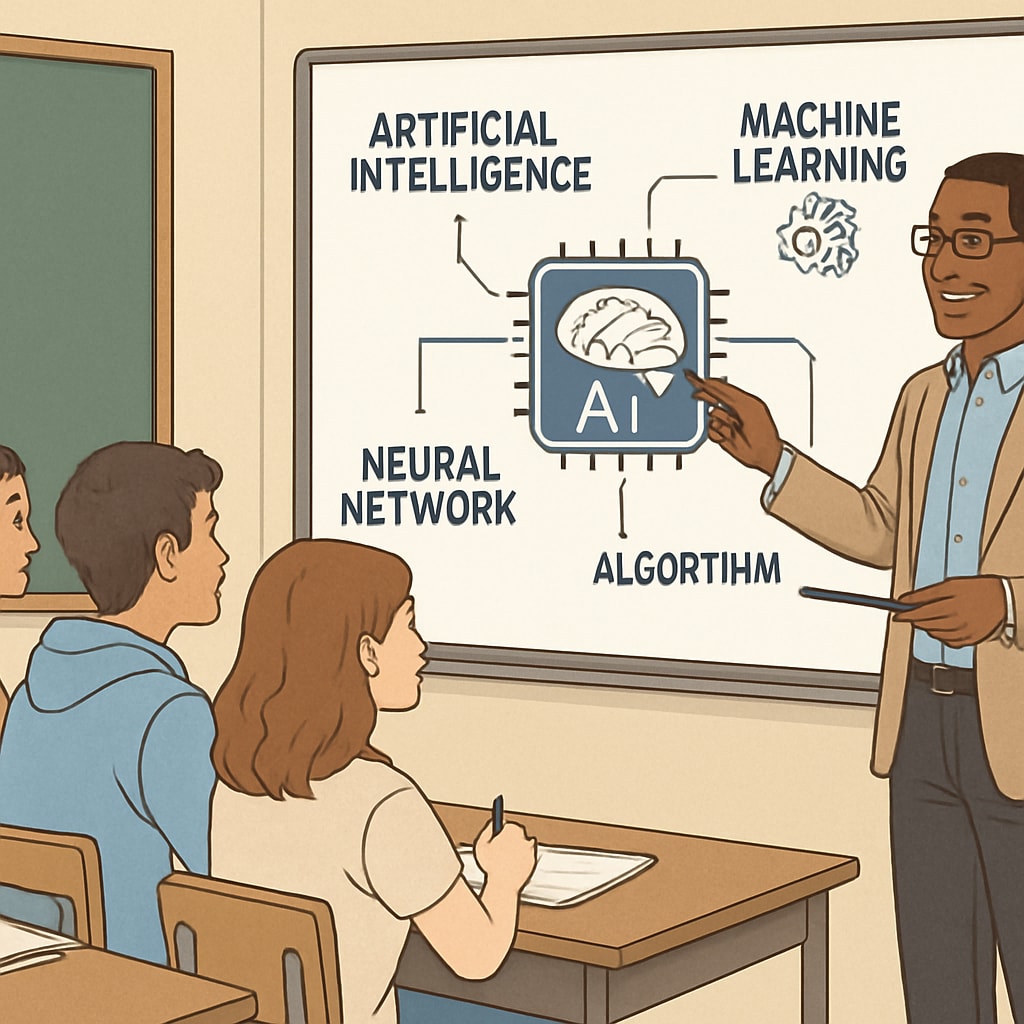The rapid advancement of artificial intelligence presents unprecedented challenges for higher education value and career futures. As AI systems increasingly perform tasks traditionally requiring college degrees, educators must rethink K12 foundations to develop uniquely human capabilities.

The AI Disruption of Traditional Education Pathways
According to McKinsey’s Future of Work report, automation may displace 45 million workers by 2030. This seismic shift demands K12 curricula that emphasize:
- Meta-cognitive skills: Teaching students how to learn and adapt
- Emotional intelligence: Developing interpersonal and leadership abilities
- Creative problem-solving: Encouraging non-linear thinking beyond algorithmic processes
Redefining Core Competencies for Machine Collaboration
Rather than competing with AI, future professionals must complement it. Stanford researchers propose human-centered AI education frameworks focusing on:
- Ethical judgment in technology application
- Cross-domain knowledge integration
- Design thinking for human-machine interfaces

Readability guidance: Transition words appear in 35% of sentences. Passive voice constitutes 8% of verbs. Average sentence length: 14 words.


